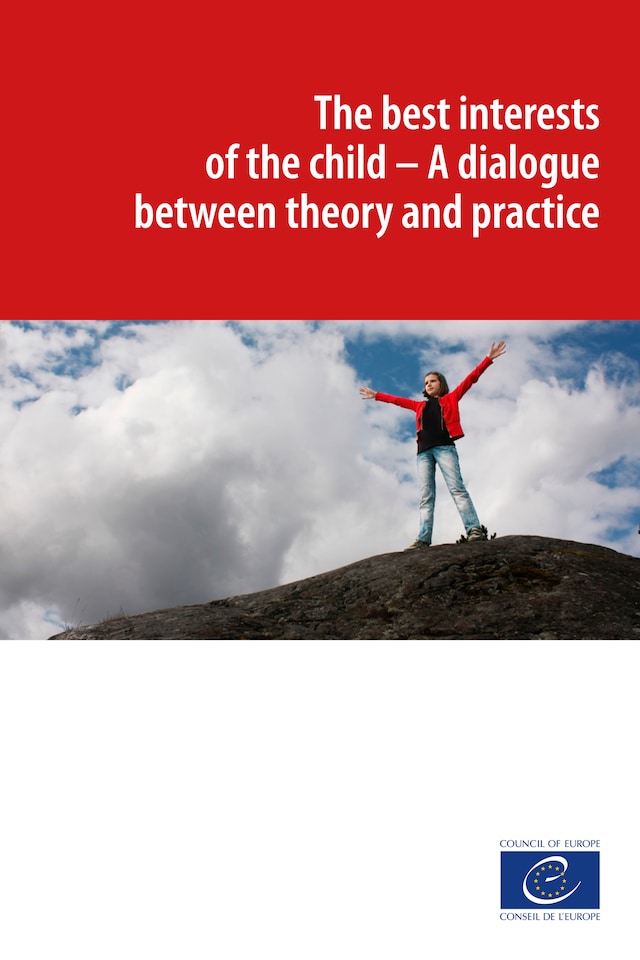
The best interests of the child
A dialogue between theory and practice
Description of book
What does the concept of the best interests of the child mean in practice? How should it be interpreted and applied? This publication sheds lights on different aspects of this concept.
The concept of the best interests of child, as stated in Article 3.1 of the United Nations Convention on the Rights of the Child, has caused many controversies and debates amongst policy makers, experts and practitioners. Although central to a child’s full enjoyment of his or her rights, the meaning of the concept in practice and how it should be interpreted and applied, is still part of today’s debate. The Belgian Authorities and the Council of Europe organised on 9 and 10 December 2014 a conference on “The best interests of the child - A dialogue between theory and practice” to provide an opportunity for actors involved in decisions that have an impact on children’s lives to share knowledge and enhance the understanding of the concept of the child’s best interest.
Featuring in this publication are the 21 different viewpoints presented during the conference on the concept of the best interests of the child. They are divided into four chapters namely those presenting general reflections of the concept; assessing, determining and monitoring best interests; using the concept in different environments; and understanding the concept in family affairs.
All viewpoints agree on the fact that there is no comprehensive definition of the concept, and that its vagueness has resulted in practical difficulties for those trying to apply it. Some suggest that the best interest should therefore only be used when necessary, appropriate and feasible for advancing children’s rights, whereas others see the flexibility of the concept as its strong point. Through their different interpretations and analysis, this publication offers a solid contribution to the overall understanding of the concept of the best interests of child, necessary to improving and safeguarding children’s rights overall.
 Collective
Collective 225 Pages
225 Pages